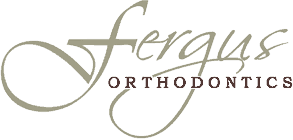Contact us if you can’t find what you are looking for on our website.
Oops! Looks Like You’re Lost.
(870) 336-3366fergusortho@fergusortho.comOffice Address
Fergus Orthodontics
2812 Harrisburg Rd.
Jonesboro, AR 72401
2812 Harrisburg Rd.
Jonesboro, AR 72401
Office Hours
Monday – Thursday: 8 A.M. – 5 P.M.
Friday: 8 A.M. – 12 P.M.



